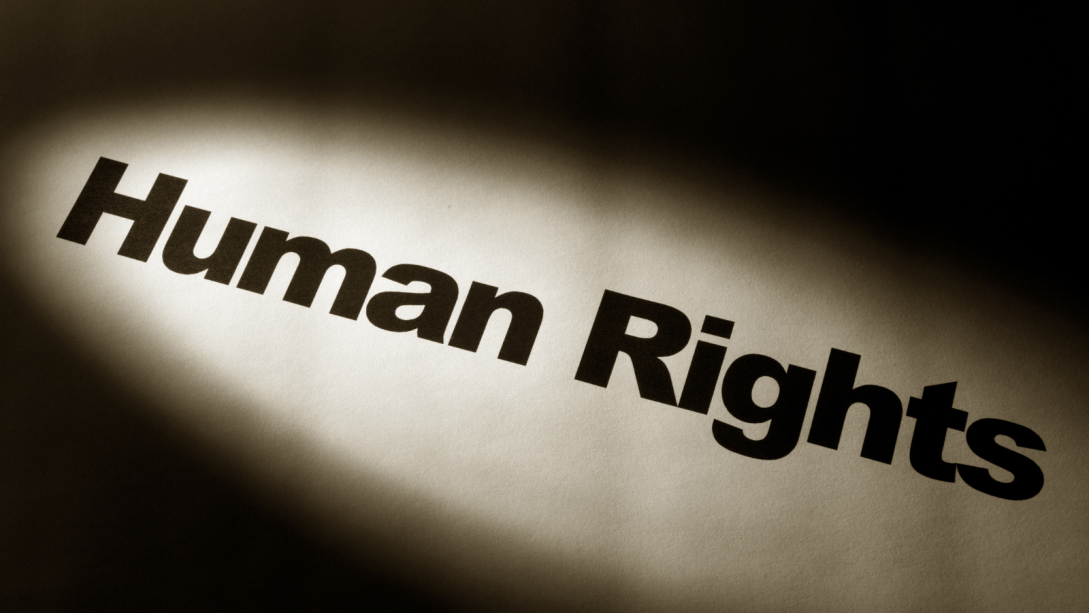EU action at the 59th session of the Human Rights Council

We are at a very critical period for human rights and democracy across the globe. In 2025, we mark 80 years of the UN Charter – a set of globally agreed, universal principles, including human rights for all. Yet eighty years on, we see these principles under the heaviest fire since their inception. It is precisely because of the increasing challenges to human rights and democracy that we must redouble our efforts to protect and promote them.
If the European Union – founded on these principles– does not stand up for them, who will? Kaja Kallas, EU High Representative for Foreign Affairs and Security Policy
Despite the troubling global trend of democratic backsliding, the EU remains resolute in its commitment to promoting and protecting human rights worldwide. Together with our partners, the EU is determined to protect the multilateral human rights system and uphold the central role of human rights and democracy in fostering peace, security and sustainable development.
The 59th session of the Human Rights Council has a dense agenda over the coming four weeks, with over 22 resolutions scheduled for negotiations next to numerous plenary debates on a wide variety of human rights issues.
The EU will be penholder of a resolution on Eritrea, where the human rights situation remains deeply concerning with the suppression of civil and political rights, including enforced disappearances and systematic impunity of human rights violations, in addition to transnational repression. The resolution renews the mandate of the Special Rapporteur, which is key for continuing to monitor and shed a light to the human rights situation in the country.
Among priorities for the EU remains the situation in Ukraine, including the upcoming related resolution and debates. The EU will also be strongly engaged in other country resolutions and debates, including on Belarus, the occupied Palestinian Territory, Afghanistan, Myanmar and Colombia.
Thematic files, in particular on gender equality and the rights of LGBTI persons, will feature high at this session. In light of the increased global pushback, the EU will remain resolute in is commitment to gender equality and non-discrimination. The EU will actively engage in discussions on climate change and human rights, as well as new and emerging digital technologies. Across all debates, we will continue to be vigilant to any efforts undermining or diluting international human rights law. At the same time, the EU will also continue to strive for bridge-building and collaboration with other countries.
In a Team Europe approach, EU Member States will furthermore present, together with partners, the following resolutions:
- New and emerging digital technologies and human rights
- The rights to freedom of peaceful assembly and of association
- The negative impact of corruption on the enjoyment of human rights
- The Mandate of Special Rapporteur on the human rights of internally displaced persons (IDP)
- The safety of journalists
- The right to education
- Civil Society Space
The EU and its Member States will organise numerous side events to highlight certain human rights topics, including on media freedom, freedom of expression and peaceful assembly in the context of elections, climate change and human rights, gender equality, protecting IDPs, and women’s rights in Afghanistan.





